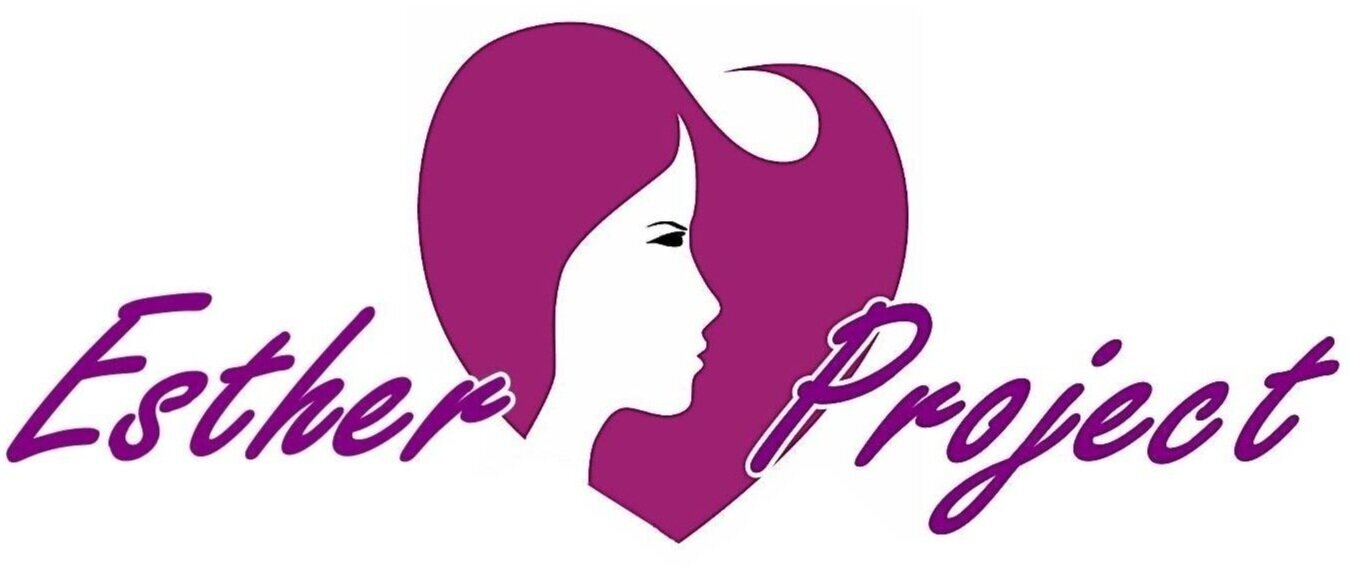Myanmar's Health System Teeters on Brink of Collapse 3/26/2021
Myanmar’s public health system teeters on the brink of collapse weeks into a violent military coup, aid groups say, sparking warnings that healthcare disruptions could cascade into an even wider emergency.
The public health system has come to a near standstill following the military’s 1 February coup, which ousted Myanmar’s elected government. Security forces have responded to widespread protests with increasingly deadly force. Rights monitors say at least 345 people have been killed as of 24 March.
Many doctors and nurses at major public hospitals have joined a nationwide civil disobedience movement, which has severely constricted healthcare delivery. Movement restrictions and fear of violence also prevent many civilians from reaching emergency clinics or hospitals that are still running.
Doctors and nurses were some of the first public workers to join the country’s civil disobedience movement in the coup’s early days. In a letter published in The Lancet on 19 February, prominent physicians acknowledged walkouts would close public hospitals and trigger a “crisis” for the health system.
“Limiting access to lifesaving interventions” is a “complex ethical challenge”, they wrote: “Our duty as doctors is to prioritize care for our patients – but how can we do this under an unlawful, undemocratic, and oppressive military system?”
Some medical officers at the state and township levels, as well as government staff in key departments – including the health ministry and the Ministry of Social Welfare, Relief, and Resettlement, which oversees relations with many international humanitarian agencies – have also left their posts, several aid officials told TNH
Nearly all COVID-19 testing and treatment has stopped, the UN says, and it’s unclear how coronavirus vaccine rollouts, started just before the February coup, will continue.
“We’re really very worried about an impending humanitarian crisis. The public health system has practically collapsed,” Andrew Kirkwood, the senior UN official in Myanmar said during a 19 March briefing. The impacts cut across the entire public system, from lifesaving emergency care and reproductive health to medicine imports and treatment for what should otherwise be manageable diseases. “It means there’s a lot of people whose lives are at risk.”
Some health services are still working: Doctors are volunteering emergency services, some clinics or hospitals are open, and community groups have stepped in to fill gaps in HIV treatment, for example. But any public health system relies on a complex network of patient referrals and supply pipelines, and these have largely broken down as services get disrupted or blocked, aid groups say.
In recent weeks, the impacts on the public health system have spread to conflict-hit states like Rakhine, Shan, and Kachin – home to hundreds of thousands of people frequently displaced by the country’s myriad conflicts and largely dependent on humanitarian aid from local or international groups.
Doctors at several hospitals in central and northern Rakhine State have left, local media outlet Development Media Group reported. Surgeries in the state capital’s Sittwe Hospital has also been canceled, patients said. While many humanitarian groups working in these areas provide basic healthcare through mobile clinics, serious cases such as pregnancy complications or major surgery are often referred to the health system; those referral routes are shrinking rapidly.
“It means that the limited hospitals that were there – that we did rely on for referrals and surgical capacity that we weren’t able to provide – that’s disappearing,”
The health system’s collapse mirrors broader shutdowns across Myanmar’s economy. The banking sector is virtually frozen, making it difficult or impossible to transfer money, pay wages or send humanitarian cash aid. Food and fuel prices are soaring and the transportation sector has also slowed, sparking warnings of shortages and “panic buying” as cash dwindles in the coming weeks.
“Our duty as doctors is to prioritize care for our patients – but how can we do this under an unlawful, undemocratic, and oppressive military system?”
“The longer and more serious the conflict becomes, the more there will be more consequences on the lives of people,” Pavlo Kolovos, MSF’s outgoing head of mission in Myanmar, told The New Humanitarian. “It means there’s a lot of people whose lives are at risk.” The public healthcare system, Kolovos said, must be “de-politicized”.
Before the coup, nearly one million people across Myanmar depended on humanitarian aid, including more than 330,000 displaced by conflict.
Aid groups fear the coup could add to this. Already, 100,000 migrant workers returned home this month fleeing escalating military crackdowns in Yangon, the country’s commercial heart, according to the UN; many don’t have food or water.
“We’re worried about a big increase in the people who need humanitarian assistance, particularly because of the complete breakdown of the public health system,” said Kirkwood, the UN official in Myanmar.
(The New Humanitarian)
